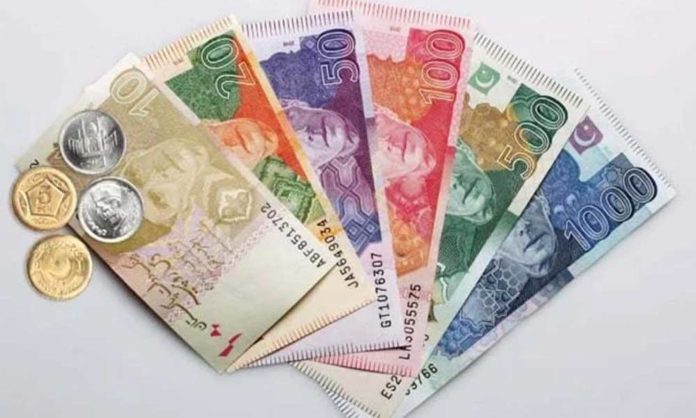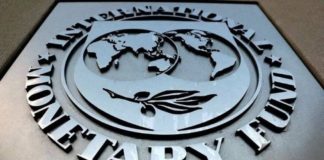Pakistan has a bigger economy than Sri Lanka and is geo-politically more important. It means Pakistan has its own place in the region and big economies such as China and America just cannot write Pakistan off in order to sustain their dominance in the region.
However, what is actually happening in Pakistan’s power corridors is in line with the famous expression ‘Nero fiddled while Rome burned’. They care little for the country’s plight amid their struggle to grab power.
The struggle for power by the political elite is having a direct quantitative impact on Pakistan’s economy and can easily be gauged by looking at the freefalling of the rupee, which last week saw its worst week in over two decades losing nearly 8% against the US dollar. On Thursday, exchange rates dropped to Rs240 against dollar.
The business community is also wary of the situation and critical of the political crisis.
Irfan Iqbal Sheikh, President Federation of Pakistan Chamber of Commerce and Industry (FPCCI) has recently said that the free-falling rupee has reached a point where it has become a threat to the national security as LCs for petroleum imports are being opened at a much higher rate than that of intra-bank rate; and a grave law and order situation might emerge in case of any fuel shortages for transportation and electricity generation.
He added that he is warning all the authorities that we are not far from a Sri Lanka-like scenario and radical decisions are needed to reverse the situation.
Another well-known businessman Aqeel Karim Dhedhi said that despite the fact that many numbers are showing improvement over the last few weeks like international oil prices, declining edible oil prices and better supplies of many other commodities, the government has failed to rein in inflation in Pakistan.
He added that imports are expected to be considerably lower this month as compared to the last couple of months; but, still the rupee is in a free fall – which is only adding fuel to the uncertainty.
Sheikh said that the SBP cannot continue with the free-floating exchange rate. It has to apply regulatory tools to minimize the speculation, uncertainty, hoarding, malpractices and misinformation.
The trade deficit for the fiscal year 2021-22 stood at a record $48.66 billion. It means Pakistan has been importing $4 billion worth of goods and services every month on an average. It was $30.96 billion in fiscal year 2020-21.
The high trade deficit has depleted Pakistan’s foreign exchange reserves to $9.33 billion – which could barely cover two months of imports. The low reserves put pressure on the rupee and have devalued it record low.
The only thing, at least for the short-term, is the resumption of the IMF program would help the country increase its foreign exchange reserves and normalize the economic situation.
However, for that to happen, political stability is required according to economic experts. It needs clarity for the IMF about who would be leading the country during the term of its program and who it should be dealing with to work on details and expect those details and conditions to be followed.
However, the political elite are busy trying to gain control and knowingly or knowingly fast pushing the country towards chaos. With stubborn and selfish leadership in the country, a Sri Lanka-like situation cannot be written-off.








































